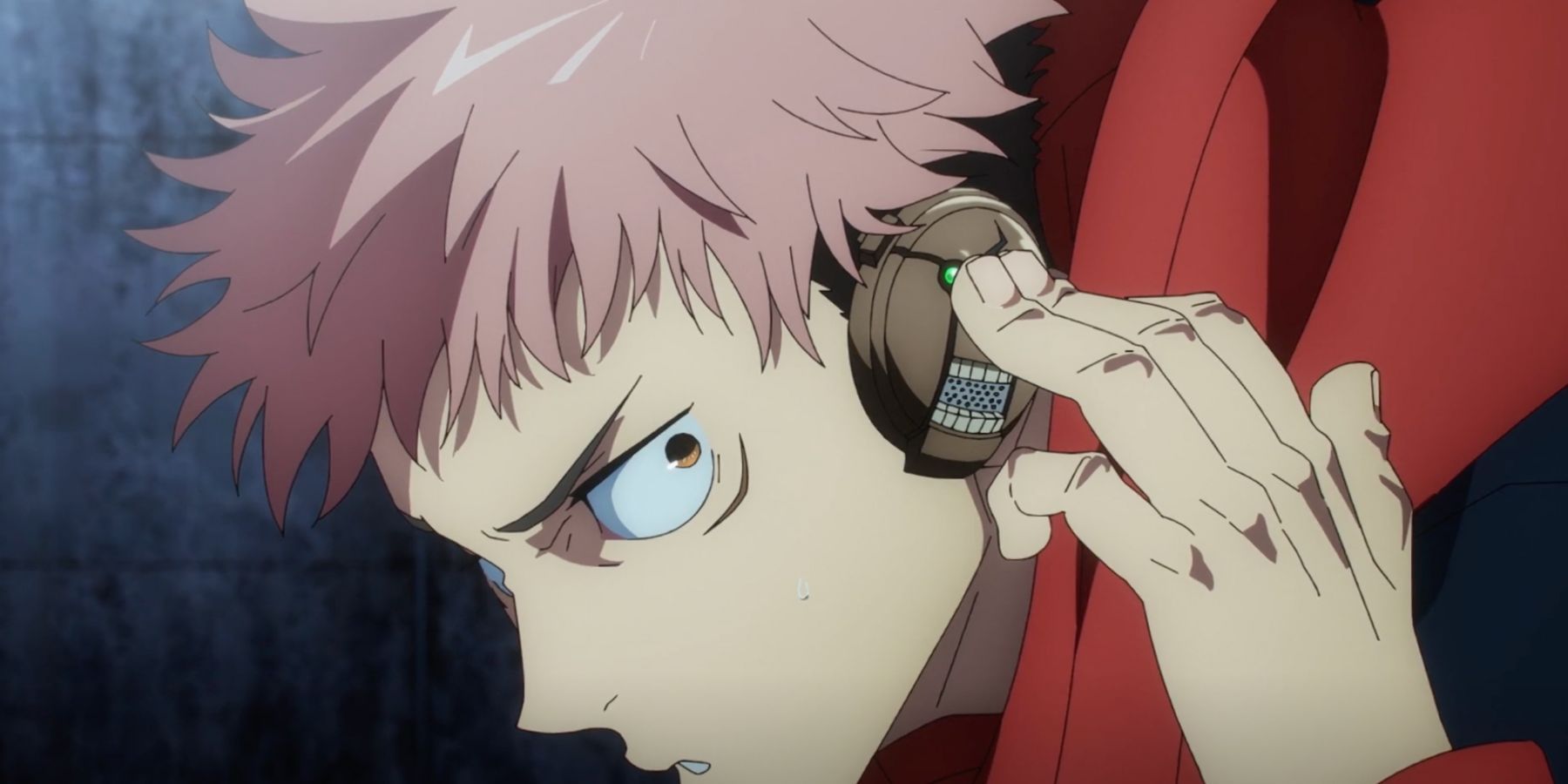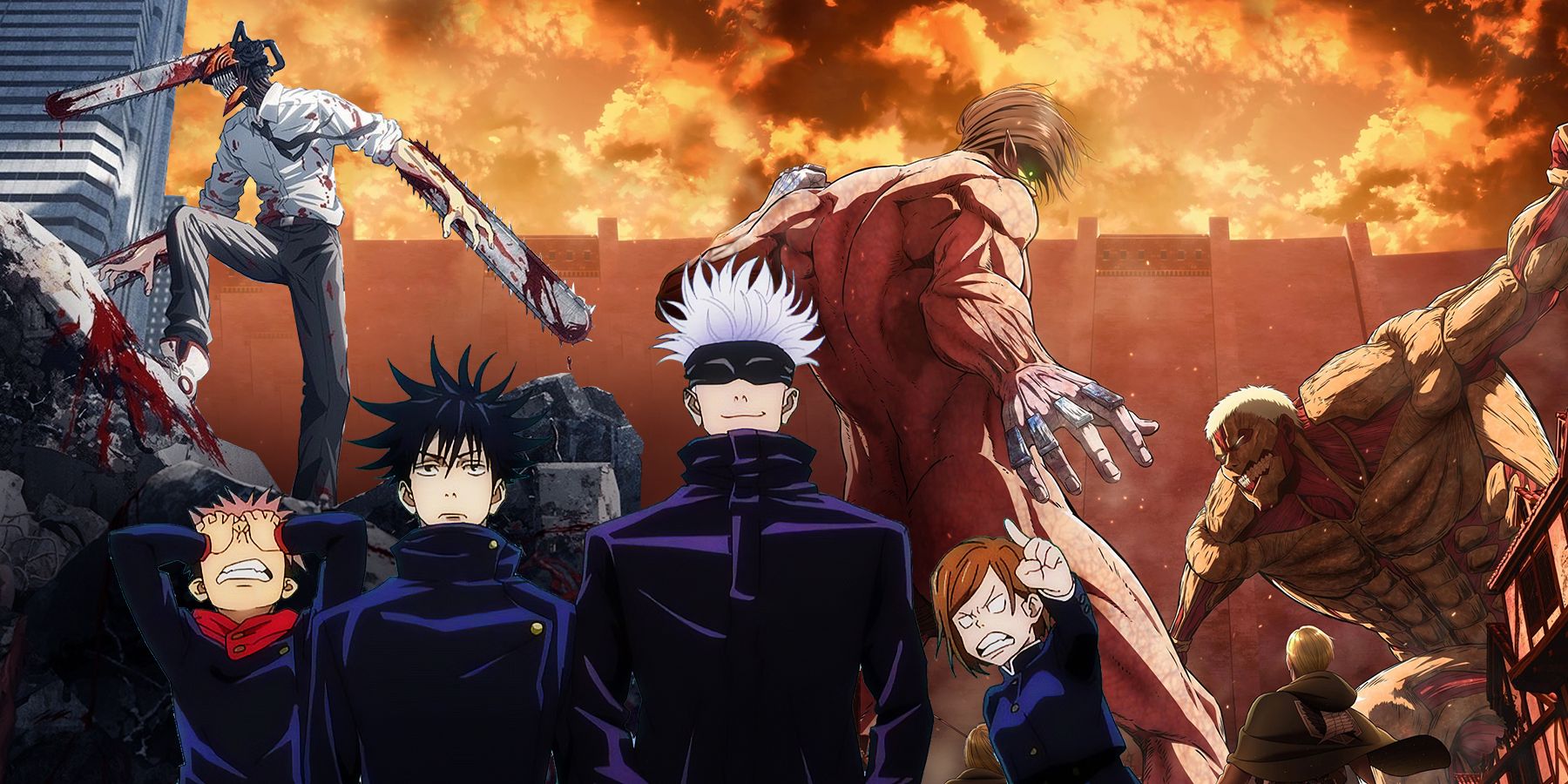
Unraveling the Hot Debate over MAPPA: A Comprehensive Analysis

Unveiling the Truth: Animators Break Silence on MAPPA's Working Conditions, revealing an alleged NDA breach and sparking discussions on the industry's challenges
Highlights
Animators from studio MAPPA, including key animator Itsuki Tsuchigami, have spoken out about poor working conditions and the alleged contract forbidding complaints.
The allegations indicate that MAPPA started the production of Jujutsu Kaisen Season 2 despite being aware of the unfavorable schedule. Additionally, staff were transferred to another project during a crucial phase of production.
The animators' readiness to face potential legal consequences and the broader challenges within the industry emphasize the gravity of the situation, pointing towards an unavoidable transformation in the anime industry.
Every time studio MAPPA releases a major series, concerns about working conditions, scheduling, and quality resurface. While die-hard fans may downplay these criticisms as exaggerated and skeptics grow weary of the lack of improvement, the conversation gained renewed momentum when animators recently stepped forward to share their experiences.
On September 30, Twitter was abuzz with discussions about MAPPA allegedly enforcing contracts that barred employees from speaking out about working conditions. The news of this purported non-disclosure agreement quickly spread, but it was the firsthand accounts of the animators themselves that garnered the most attention.
Animators Speaking Out
While several posts have been deleted at the time of writing, a prominent animator who has come forward is Itsuki Tsuchigami, also known as "miso." Tsuchigami is not just an average animator; he is a highly skilled key animator and storyboard artist who has contributed to popular shows such as Mob Psycho 100, Chainsaw Man, Fate/Grand Order Camelot, and even the infamous Episode 22 of Fate/Apocrypha.
His words carry weight, and what he revealed was disheartening, to say the least. On Saturday, September 30, he seemingly confirmed that MAPPA, the animation studio, was enforcing a contract that prohibited its employees from expressing complaints. This revelation occurred just 20 minutes after he criticized the current working conditions and advised aspiring animators to refrain from becoming "involved," most likely referring to working with MAPPA.
Could you create an environment that prevents complaints rather than making people write a pledge to avoid them?
The place I am currently in is a mess and not worth it for someone who wants to work hard. If you just want to do things half-heartedly and get paid, it might be a good place. On the other hand, amidst the chaos, there are also opportunities and attention-worthy projects, so it might be a good place for newcomers to make a name for themselves. But if you really want to give it your all, it seems better not to get involved.
The current situation where I am is quite chaotic and I admit that I am not performing well, therefore I would advise ambitious individuals to refrain from getting involved. However, if you are seeking to take on random tasks and earn some money, this place might be suitable. Despite its disorganized nature, there are numerous opportunities and noteworthy projects, making it a potentially advantageous environment for newcomers to establish their reputation. Nonetheless, I believe it is more prudent for individuals dedicated to giving their best effort to steer clear of this situation.
- Itsuki Tsuchigami, September 30, 2023
The posts quickly gained attention from animation accounts known for reliable leaks about staff and release information for seasonal anime. This significantly boosted the visibility of the news. One particular account, which is shown below, provided more detailed information. It's important to note that no source was provided, so it is advised to approach the following information cautiously.
According to the account, MAPPA began working on Jujutsu Kaisen Season 2 despite knowing that the scheduling was not ideal. Additionally, they claim that some staff members were reassigned to a different project during a crucial phase. This narrative suggests that the production of the Shibuya Incident arc of Jujutsu Kaisen has faced its fair share of problems, and the studio is keen on avoiding negative publicity.
Not all the details circulating on social media are confirmed, but it is important to consider the words of these animators. Their reputations and the risks they are taking make their statements significant. Full Frontal, an otaku culture website, shared an informative thread on Twitter/X about defamation law in Japan. Even without any alleged non-disclosure agreement, it would have been dangerous for anyone to come forward and voice their complaints.
Accusing someone of defamation can lead to punishment, even if their claims are true. It is significant that the animators of Jujutsu Kaisen are publicly expressing their frustrations, despite the potential legal consequences. Some of the tweets from these animators have already been removed, as mentioned earlier.
What This Means
The anime industry, like many other aspects of life today, finds itself in a unique position. Discussions about the harsh working conditions faced by animators come at a time when Japan's entertainment industries are facing potential turbulence. In particular, changes to the Japanese Consumption Tax could have devastating consequences for animators who rely heavily on contract work, a cornerstone of the anime industry. For more information, please refer to the thread below.
As fans, especially those living overseas, it can be challenging to determine how to react to these stories and even harder to predict their outcomes. The challenges faced by anime production mirror those of Japanese work culture as a whole, and MAPPA has been under similar scrutiny for some time now.
It is particularly intriguing that this revelation has surfaced now, merely a month after another animator expressed their positive experience working on Jujutsu Kaisen. Animator Amphibi, who initially held the same negative perception of the studio as its critics, shared their encounters with MAPPA.
Following their involvement in Jujutsu Kaisen Season 2, they revealed that all their previous thoughts about MAPPA suddenly dissipated, and each episode they contributed to had a well-designed schedule. However, based on the responses to their statement and the testimonies of other animators, it is apparent that this circumstance was more of an anomaly rather than the norm. This disparity among the staff members working on this series serves as conclusive evidence.
Many believe that the issues being faced are not limited to one studio, but rather prevalent throughout the industry. While this is a fair perspective, it does not mean that a single studio should escape accountability, especially considering its significant influence. That's why numerous individuals feel compelled to raise their voices about this particular studio. The fact that animators are willing to speak up, despite the potential risks involved, highlights the seriousness of the problem. While change appears inevitable, whether it will have positive or negative outcomes is uncertain.















